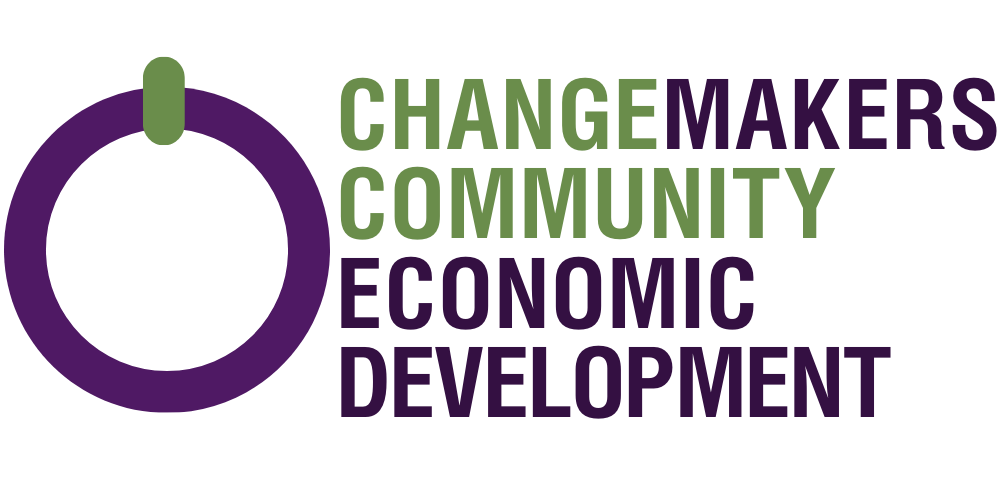Bridging Culture
Bridging Culture & Capital:
The Daily Work of a Native Social Entrepreneur
Personal reflections on balancing tradition and innovation
When people hear “entrepreneur,” they often picture tech startups, pitch decks, and high-speed scaling. But for many of us navigating the world as Native social entrepreneurs, the work looks, and feels very different.
It’s not just about building a business. It’s about protecting a legacy.
As a Native entrepreneur, I don’t separate my identity from my work. I carry ancestors into every meeting. I bring generations of wisdom into boardrooms, pitch calls, and strategic plans. And I constantly balance two seemingly opposing forces: culture and capital.
Culture reminds me why I started. Capital reminds me what it takes to keep going.
WALKING IN TWO WORLDS
Each day, I walk in two worlds. In one, I’m reviewing spreadsheets, applying for grants, meeting with funders, and writing reports. In the other, I’m rooted in community, being with ʻohana, helping plant kalo, speaking in ʻŌlelo Hawaiʻi. The tension is real.
Funders often want metrics. My community values relationships. Investors ask for growth projections. We ask, “Is this pono?” Capital seeks scale. Culture asks for stewardship.
Bridging these worlds means becoming fluent in both. It means translating vision into budget line items, and values into strategy. It means defending timelines that allow for pilina and process, not just outcomes. It means taking time to pause and pule before launching a new project.
INNOVATION DOESN’T MEAN LEAVING CULTURE BEHIND
One of the biggest misconceptions I’ve faced is that honoring tradition means resisting innovation. That couldn’t be further from the truth.
Our people have always innovated, through navigation, storytelling, farming systems, and community governance. The difference is that our innovation is deeply relational. It’s not about disrupting for the sake of profit. It’s about evolving in a way that honors our past and protects our future.
Innovation, to me, means creating a business model that pays fair wages while respecting cultural protocols. It means developing products or services that carry meaning, not just marketability. It means building in a way that regenerates the land, not just revenue.
THE HIDDEN LABOR OF INTEGRITY
There’s a kind of labor no one sees in our work.
It’s the time spent explaining cultural context in grant interviews.
It’s the energy used to turn down funding that doesn’t align with our values.
It’s the emotional work of choosing collective healing over personal gain.
This hidden labor is constant. But it’s also sacred. Because the moment we compromise our values, we lose the very thing that makes our work worth doing.
Staying in integrity while navigating capital systems isn’t easy. But it’s necessary. And the more we name it, the more we can normalize it, for ourselves and for the next generation.
A CALL TO FELLOW ENTREPRENEURS AND FUNDERS
To Native entrepreneurs walking this path: you’re not alone. The balancing act you’re doing every day is powerful. It’s also heavy. Rest when you need to. Speak your truth in rooms that weren’t built for you. Build new rooms when you must.
To funders and allies: if you want to support Native innovation, support the full story. Be willing to slow down, to listen, and to fund relationships, not just results. Be flexible in how impact is defined, and understand that for many of us, success isn’t exit, it’s endurance.
FINAL THOUGHT
Bridging culture and capital is daily work. It’s nuanced, exhausting, beautiful, and brave. But it’s also how we build economies that don’t just extract, but also restore.
And that’s the kind of future I want to invest in.



